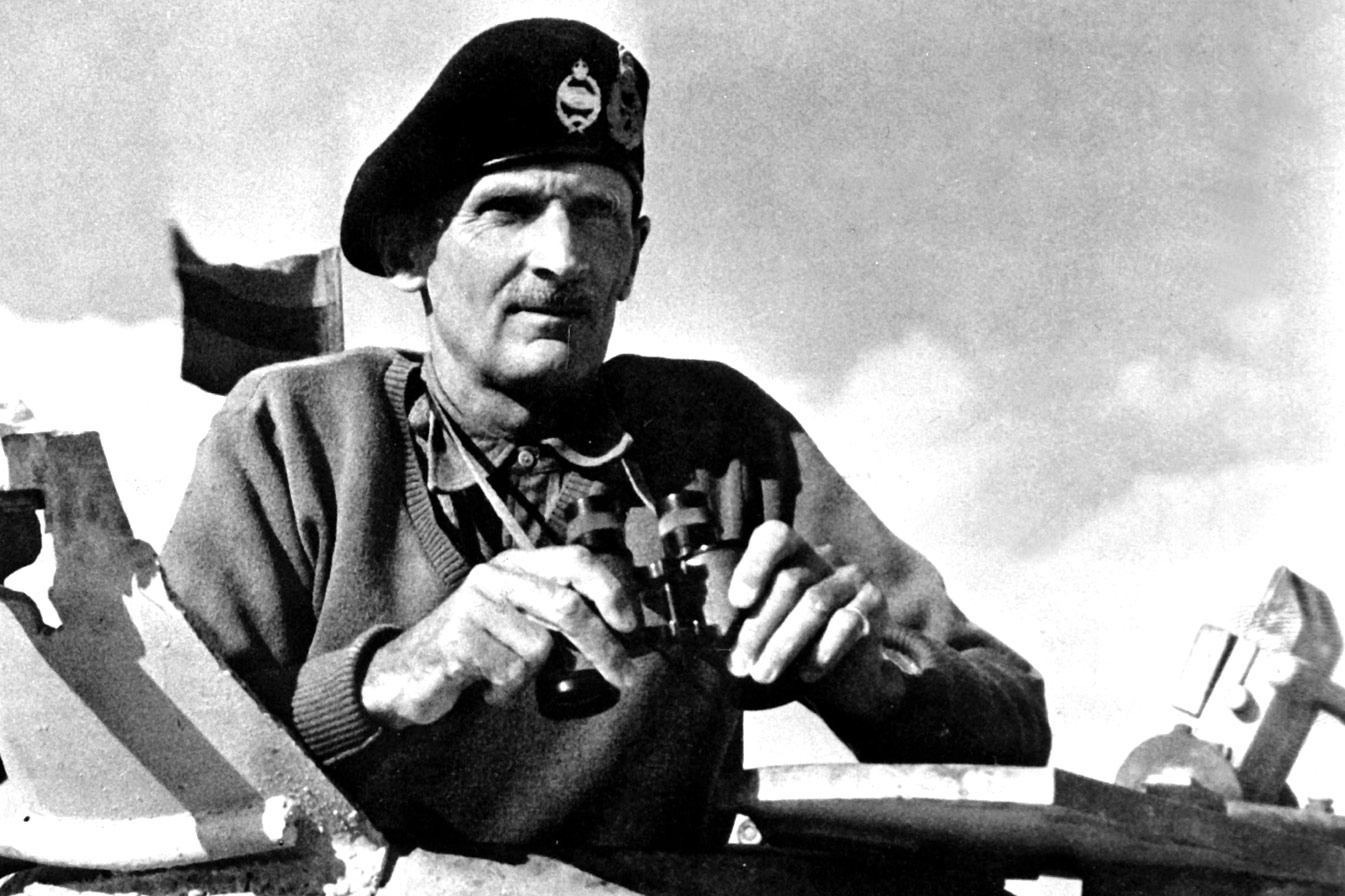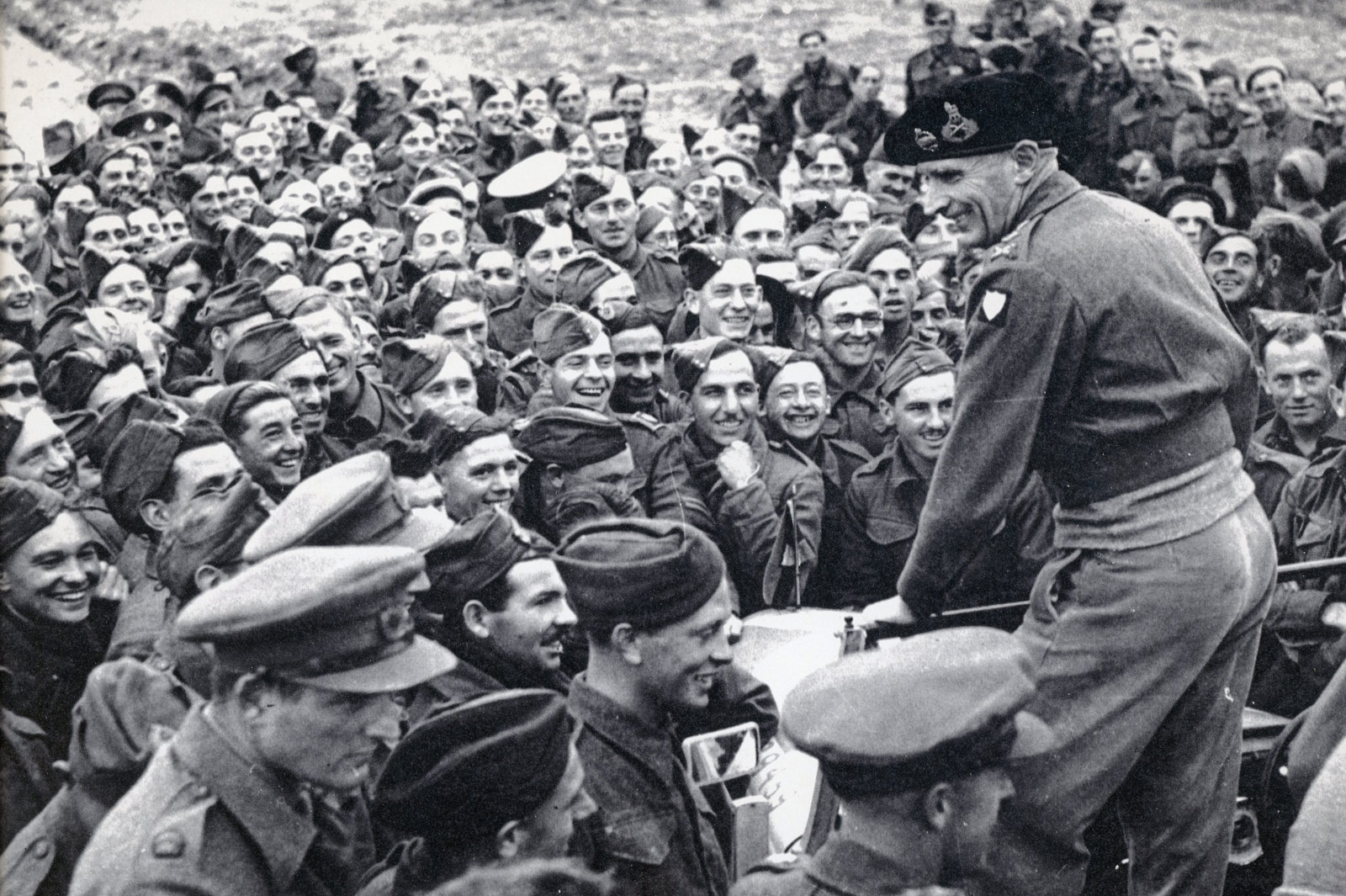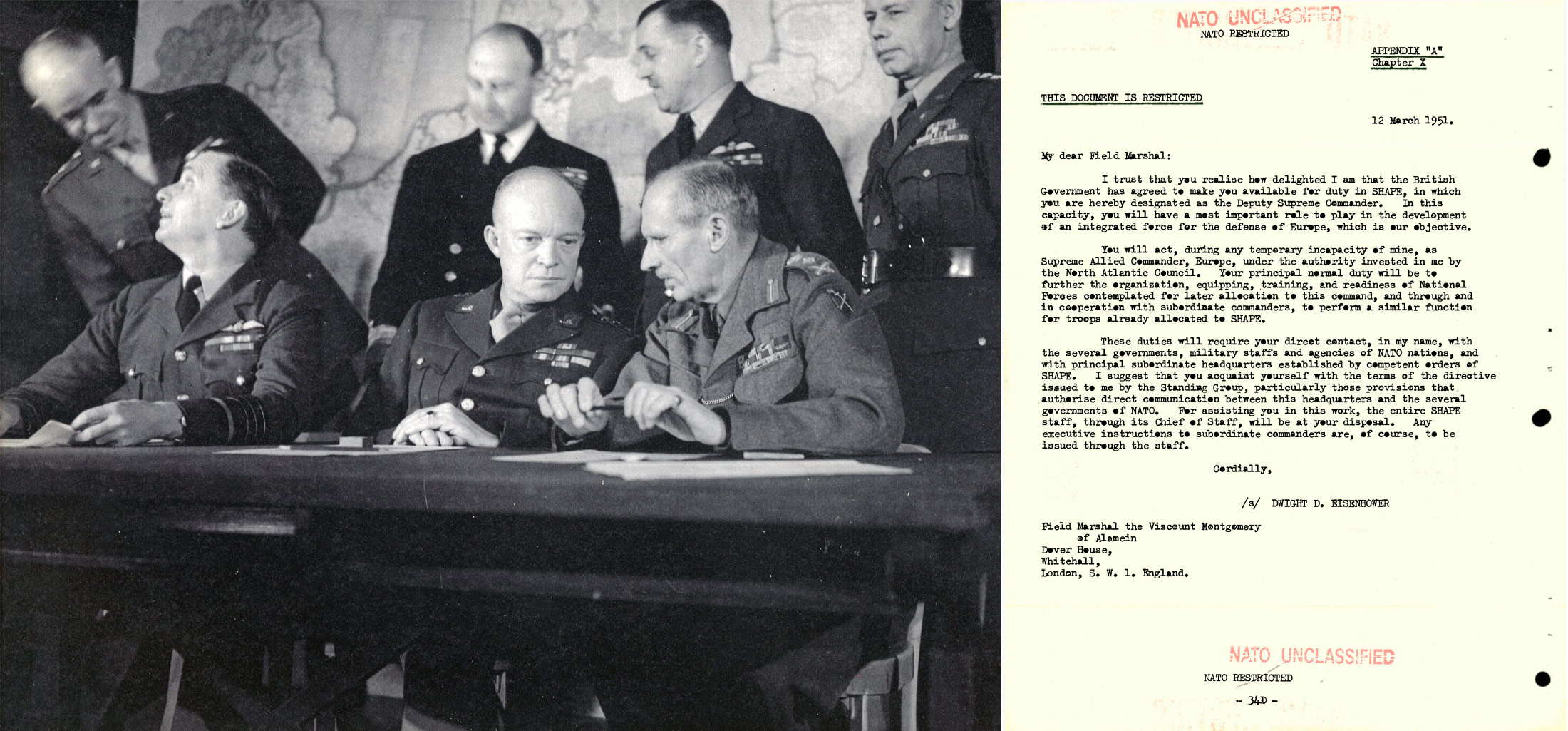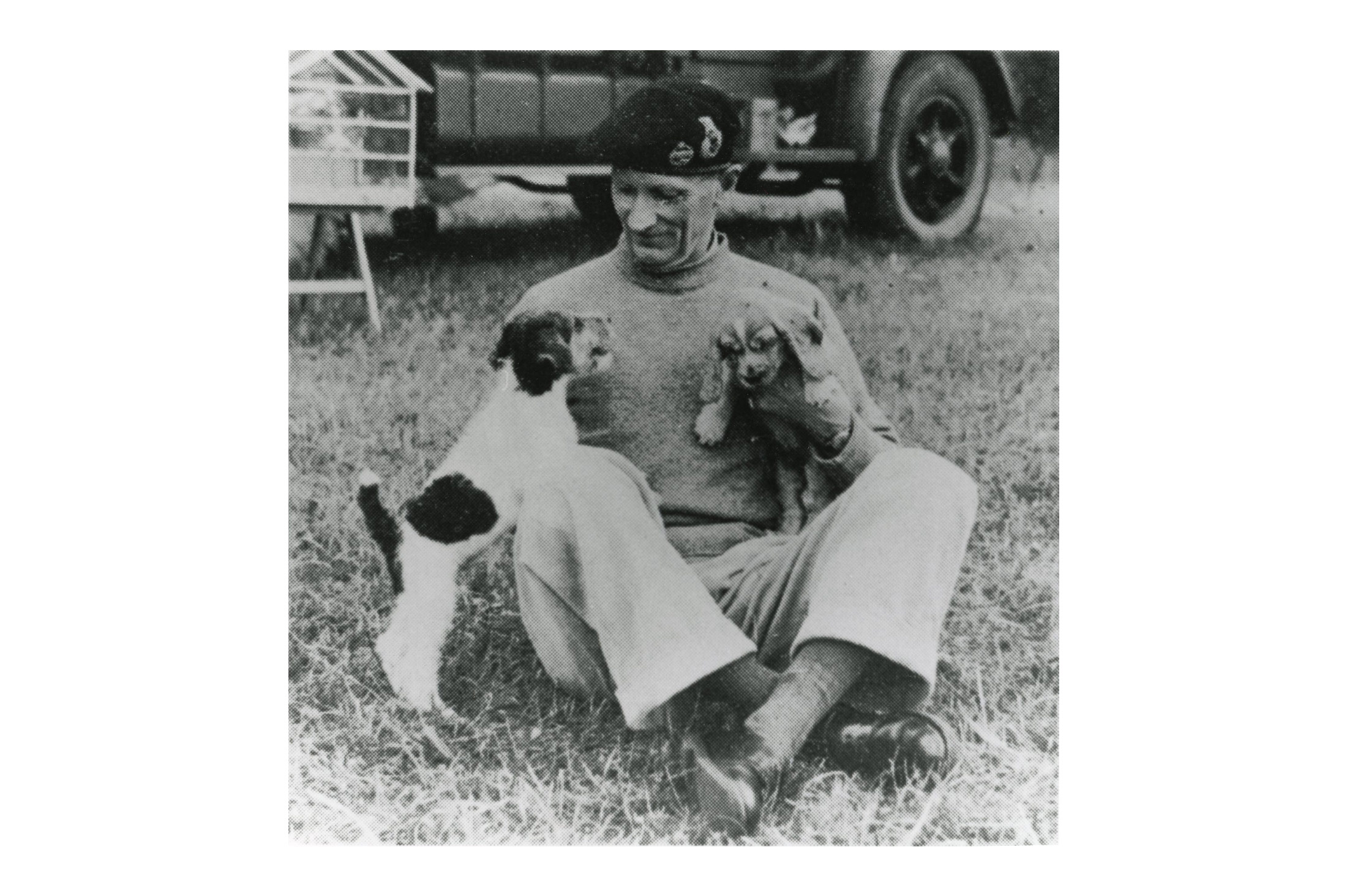Field Marshal Bernard Law Montgomery, 1st Viscount Montgomery of Alamein, also known as ‘Monty’ and ‘The Spartan General’, was a resolute man. He was unwavering in the face of adversity and was notorious for his sharp wit and direct attitude. On the one hand, he was highly appreciated among his subordinates as an exceptional commanding officer, and on the other hand, the higher ranks often found him difficult to work with. Even Churchill, who later became one of his most faithful friends once said of him:
In defeat, unbeatable: in victory, unbearable.




